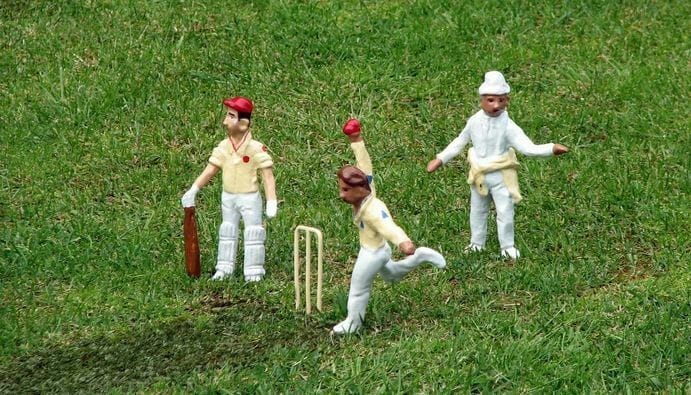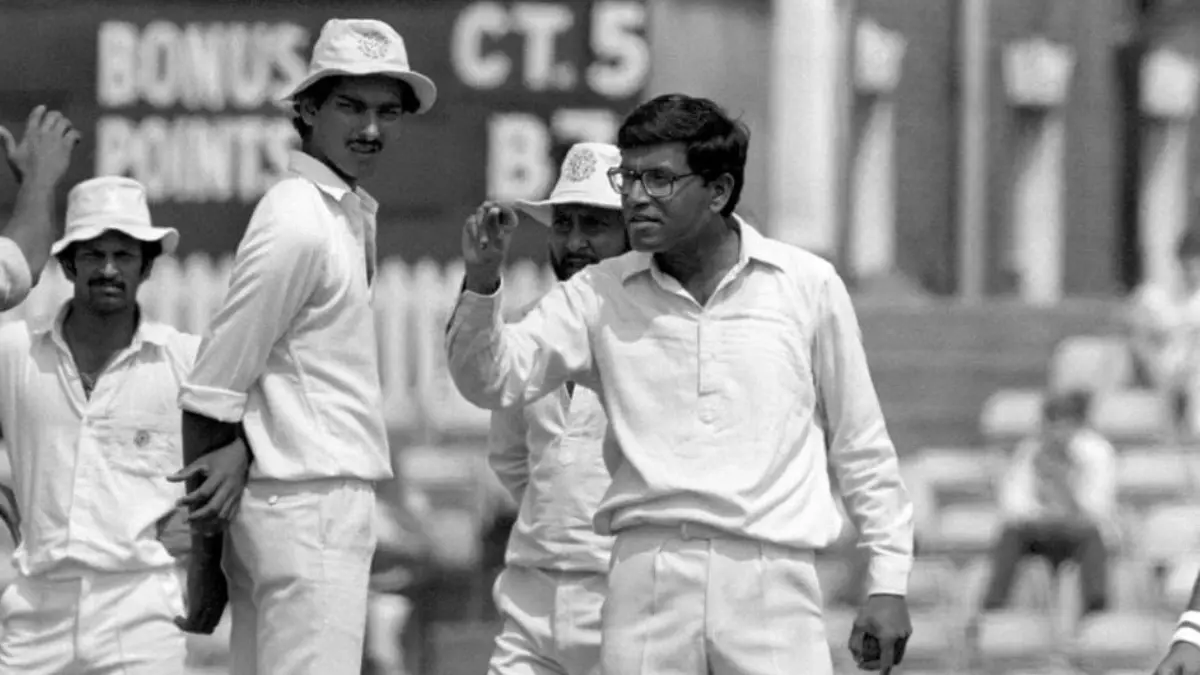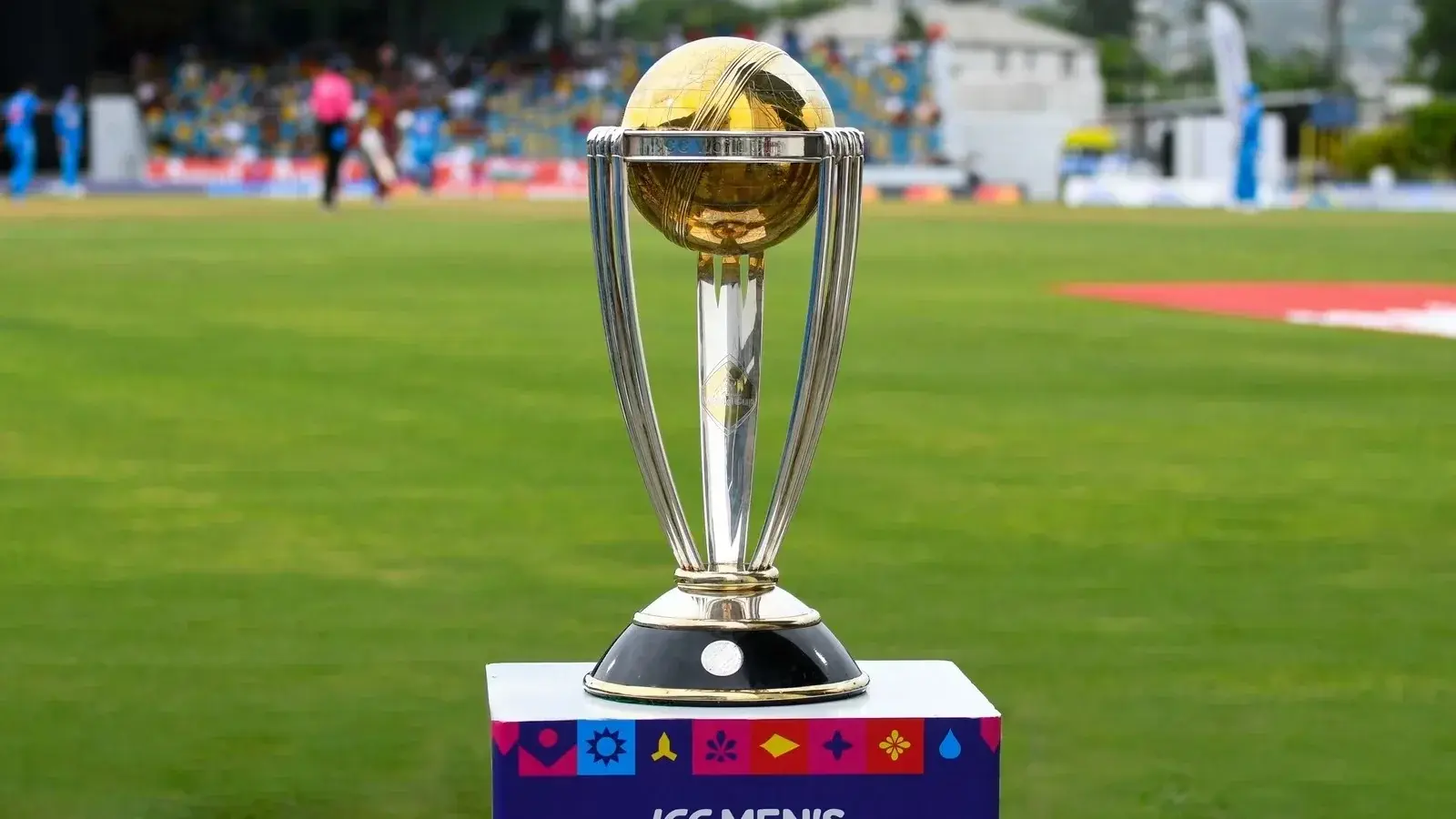How common is it for a Test side to lose by an innings after making 400 or more first time around?
Well, if you had started following Test cricket in December 2016, you could be forgiven for assuming it was an almost everyday occurrence , given that it has happened three times this month. But there have been only four other instances in Test history.
“Not with a bang but a whimper” aptly describes the end of England’s ultimately fraught tour of India . Yet the fifth Test at Chennai appeared to start so well. With Moeen Ali making 142 and Joe Root 88, and the lower order all-rounders Adil Rashid and debutant Liam Dawson chipping in, a total of 477 seemed reassuringly substantial. Surely, one thought, they can’t lose this time..
Even though India got off to a solid start, England’s confidence must have been boosted by the relative failure of the iconic Virat Kohli. Little did they know what India had in store for them. On top of opener KL Rahul’s 199 came a magnificent triple century from Karun Nair, in only his third Test. ( He had already made a triple century in first-class cricket.)
It was this innings of Nair’s that effectively settled the result of the match. He ran England ragged, taking his side to a mammoth 759 for seven.Although Alastair Cook and Keaton Jennings took England through to lunch without loss on the fifth day, there was something inevitable about the capitulation that followed, 103 for no wicket rapidly becoming 207 all out. After all, we had seen it before, starting with the second Test against Bangladesh at Mirpur.
The most obvious comparison was with the fourth Test in Mumbai , where Kohli and Jayant Yadav had done the job that Nair performed at Chennai, putting on 241 for the eighth wicket. India attained a first innings lead of 231 and bowled England out for 195 , R Ashwin, who with Ravindran Jadeja , tormented the English batsmen throughout, taking six wickets in the visitors’ second innings.
And then there was the Boxing Day Test at Melbourne. This game followed an uncannily similar pattern. Pakistan amassed what seemed like a comfortable first innings of 443 for nine. By close of play on the fourth day Australia were 22 ahead with six wickets in hand . A typically buccaneering century from David Warner and another from the resourceful Steven Smith had put them in a position where they clearly could not lose. But an Australian win looked unlikely.
The fifth morning was a disaster for Pakistan . Smith and Mitchell Starc ( 84 with seven sixes) took their seventh wicket stand to 154 in thirty nine overs. By the first over after lunch Pakistan were eight for two. They were mentally shot, as exemplified by the short though remarkable innings of Misbah ul Haq . Once opener Azhar Ali, who made a magnificent not out double century in the first innings, went for 43, it was all over . Australia won by an innings and eighteen runs.
Oddly enough the four other instances where this has happened all involved England and/ or India.
The most recent occasion, before December 2016 , came in a most startling fashion in the first Test between England and Sri Lanka in Cardiff in 2011 . Sri Lanka made exactly 400 in their first innings, wicketkeeper Prasanna Jayawardene making a century. England responded with 496 for five. Because so much time was lost to rain that innings was extended into the final afternoon and a draw seemed the only plausible result when Andrew Strauss declared. But Sri Lanka were bowled out for 82 in 24.4 overs.
The earliest instance – in fact the only one not to have occurred in the current millenium – came in the final Test of the 1930 Ashes series at The Oval. The series was made memorable by the sensational performance of Don Bradman , who made 974 runs in the five matches. Even so, the series was all square when the teams got to The Oval , so the game was played to a finish – five days plus one lost to rain, the longest Test played in England to that date.
The England selectors caused a sensation by dropping the captain, A P F Chapman, who had won six games against Australia and lost one, so it does seem a little harsh. The game was the last Test match of one of the greatesst ever batsmen, Jack Hobbs.
England batted first and made 405, Hobbs’ opening partner Herbert Sutcliffe , making 163. Australia responded with 695. Bradman made 232. At Lord’s he had made 254 and at Headingley, 334. Wisden was grudging in its praise : ” there were periods”, its report said, ” when he became monotonous’. Well, no doubt everyone had had just about enough of him by then.
By the sixth day – the fifth was washed out completely – the wicket was much more favourable to the bowlers , and England were thought to have done quite well to get to 251 but they still lost by an innings.
The two final games were different in that the winning side batted first and enforced the follow-on, with the dominance of the winning side never really being in doubt . Nevertheless, each of these games was memorable for a number of reasons.
At Multan, in the first Test of the 2003-04 series, India completed their first Test win in Pakistan. India made a massive 675 for five, with Virender Sehwag becoming the first Indian to make a test match triple century ( thirty nine fours and six sixes) Despite making 407 in their first innings Pakistan were never really in the match. Anil Kumble took six for 72 in the second innings.
Something remarkable, almost bizarre, happened on the afternoon of the second day. When Yovraj Singh was out for 59, Rahul Dravid declared. Tactically very sound , no doubt: give his bowlers over an hour to have a go at the Pakistan batsmen. Fine. Except that Sachin Tendulkar was 194 not out at the time. If they had been playing in India, there would definitely have been a riot. It passed off quietly enough in Multan – but Tendulkar did not field when Pakistan started their second innings.
The last game in this little list was another Ashes Oval Test, in 2001. Australia were perhaps at the height of their powers. They simply dismissed England in the first three Tests to retain the Ashes. But then something odd happened. England won the fourth Test , at Headingley, thanks to a magnificent century from Mark Butcher.
There was one missing ingredient to Australia’s normal mix in that Headingley Test: their captain Steve Waugh was absent due to an injured calf.
Would be be fit enough to play at The Oval? The honest answer was No. But he played anyway, Waugh won the toss and at the close of day one Australia were 321 for two. He declared with the score on 641 for four. England made 433 in the first innings, based mainly around a hundred from Mark Ramprakash. But Shane Warne took seven wickets and there was never really much doubt about the result. Second time around they managed 184, Glenn McGrath taking five for 43, including Michael Atherton for the nineteenth time. It was Atherton’s final Test. In the third Test he had overtaken Derek Underwood as the Englishman with most ducks in Test cricket. Yet few would deny that Atherton was the best, certainly the most resilient English batsman of his generation.
And Waugh? He made his 27th Test match century – at the time only Sunil Gavaskar and Bradman were ahead of him. At times it was almost painful to watch, let alone play. According to Wisden, he ” winced his way to 157 not out” . He was not going to let England think – or even imagine – that anything had changed at Headingley.
His twin Mark also made a beautiful hundred. Strangely enough the last time Australia had won at The Oval, in 1972, the Chappell brothers had made centuries.
Mark always looked marvellous. But Steve had something special , both as a captain and as a batsman. As a captain he finished the job started by Allan Border and continued by Mark Taylor: he made Australia arguably the best-ever Test side and in the process he helped transform Test cricket. As a batsman, his mental attitude made him a more formidable opponent than many more naturally gifted cricketers. That is why , when assessing the players of his generation, he has to be ranked with Tendulkar , Warne and Brian Lara.
Bill Ricquier 30/12/2016




